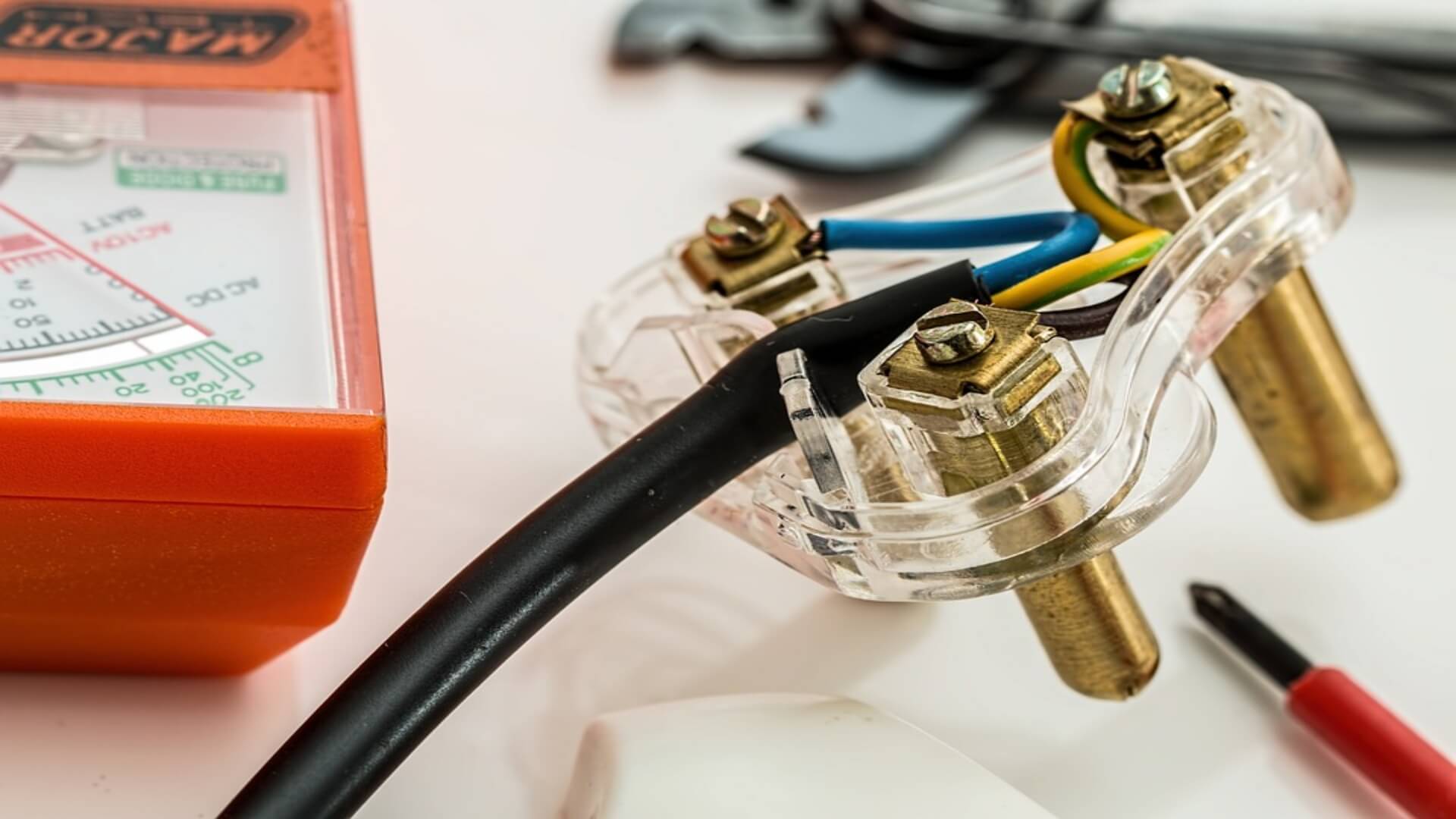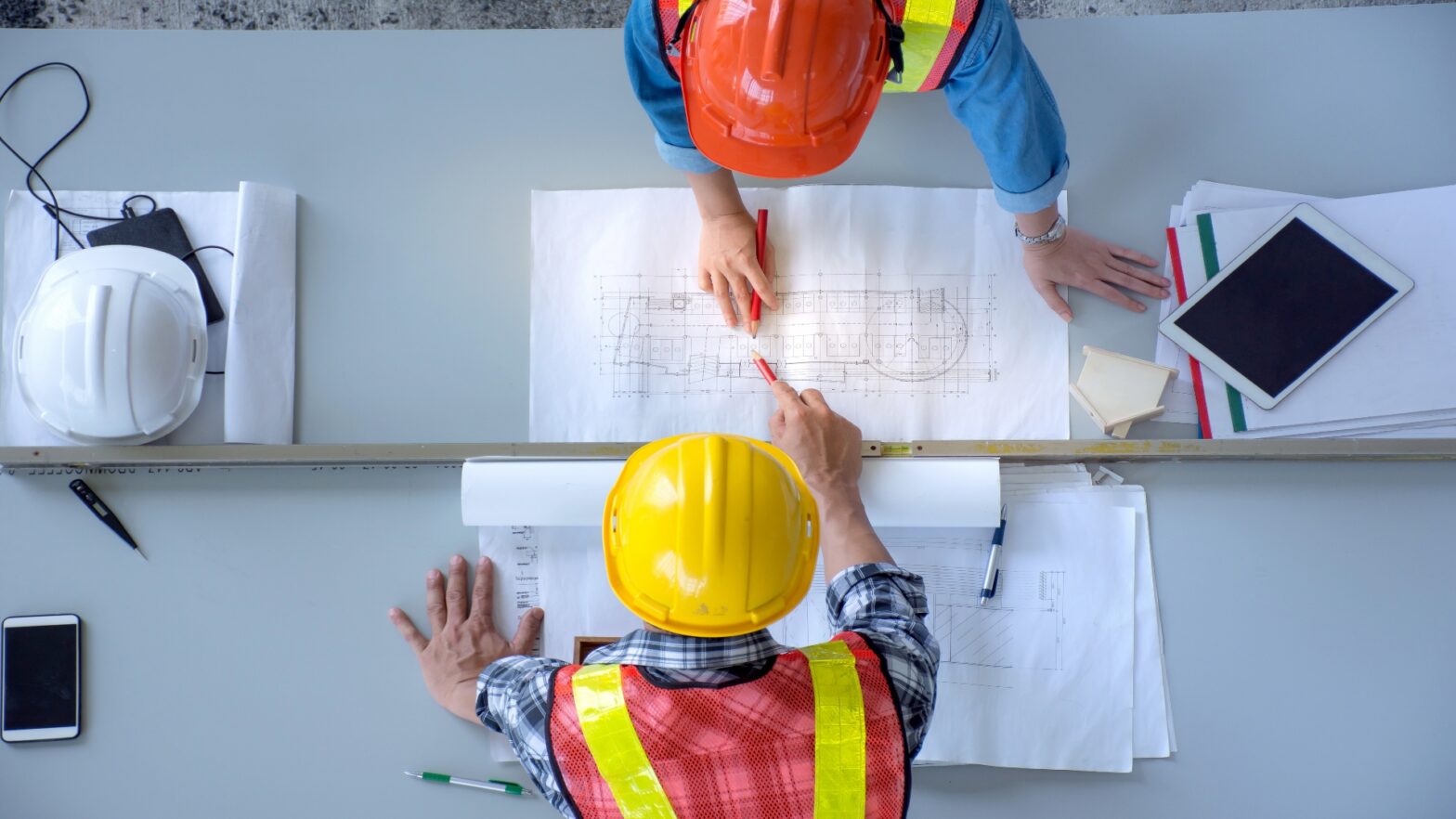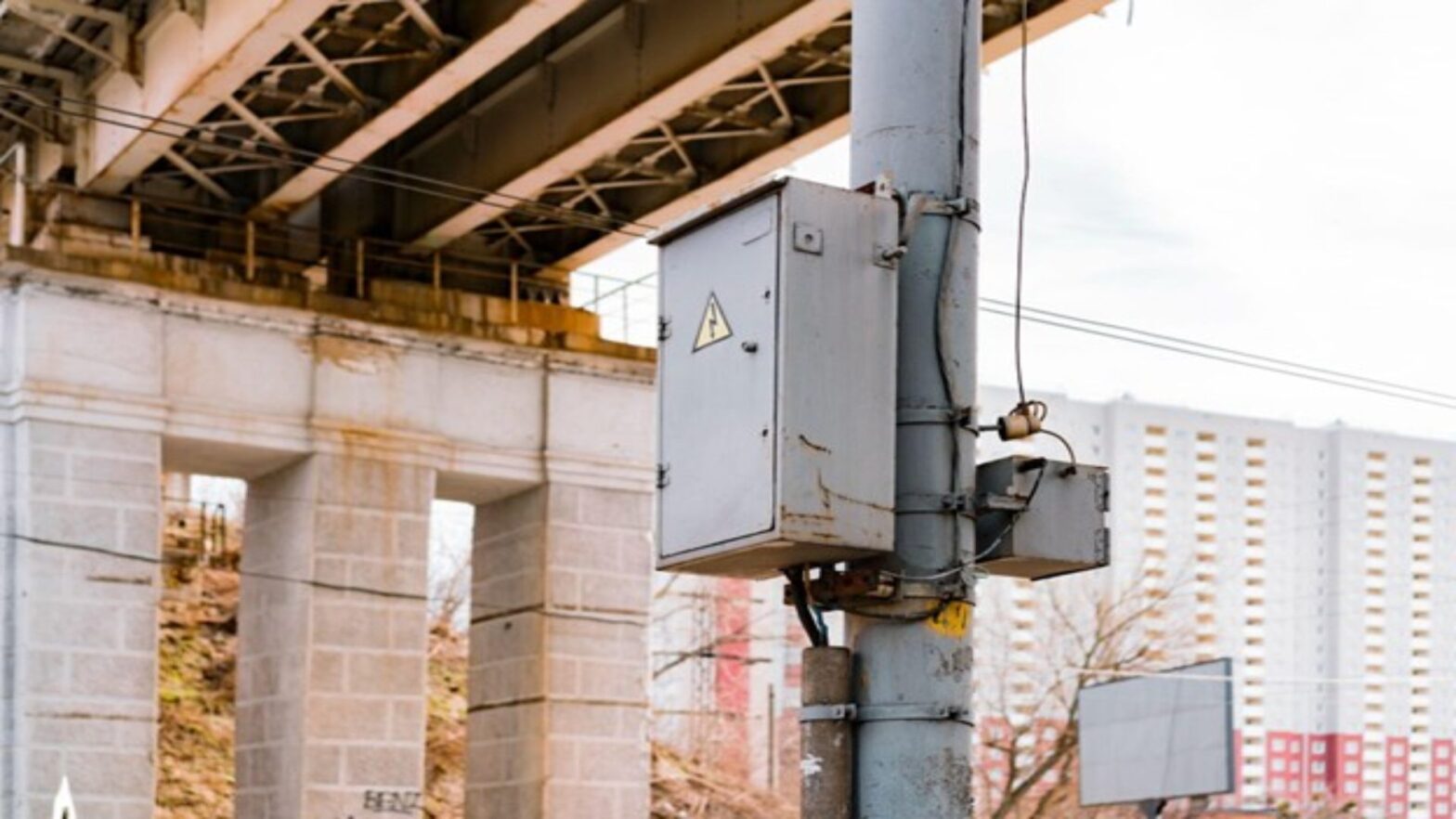Electricity is an essential part of any industrial facility, but it can also be dangerous if not used correctly. This is why it’s important to make sure that any electrical cords in your construction site are in good condition and not showing signs of damage or wear. If you find cords that seem worn, frayed, or cracked, replace them immediately. This will help minimise the risk of electrical issues while using appliances or other devices. You should also check your facility’s wiring periodically and make sure outlets are properly grounded, as this can help further decrease the potential for harm.
Check Your Electrical Wiring for Damage
It’s essential to regularly check your facility’s electrical system for wear and tear. Electrical wiring can degrade over time due to age, improper installation, moisture, or the presence of rodents. Ignoring this issue can lead to problems such as an increased risk of electrical fires or unexpected power outages.
To be safe, regularly check all your wall outlets for cracks in the casing and any damage to the wiring itself. If you see any exposed wire or loose connections, it’s important to call a professional electrician immediately before attempting any DIY repairs. Likewise, it’s important to periodically check any cords that are being used on a daily basis for signs of fraying or overheating, a sure sign that the wiring is no longer suitable for usage. Ignoring these signs may lead to dangerous consequences if left unchecked.
Don’t Overload Your Electrical Outlets
It can be tempting to try and squeeze in one more plug into an outlet, especially when multiple devices are competing for charging time. Unfortunately, this seemingly harmless behavior can lead to overloaded electrical systems and serious consequences. If you are in an industrial facility, ensure you have electrical control panels to control different equipment like HVAC systems, air conditioners and motor equipment.
Overloading an outlet can cause a circuit breaker to trip, resulting in circuit damage that could put users at risk for electric shock or fire hazards. Furthermore, the excess stress caused by too many plugs can cause electrical wiring and cords to overheat and possibly spark, leading to potential fire safety issues. To keep your property safe from these hazards it is important to limit the number of appliances plugged in at a single outlet and instead use surge protectors or power strips that divide the load over multiple outlets.
If you notice sparks or hear any buzzing coming from an outlet it should be checked out immediately. By taking a few preventative measures now you can help keep your property safe while avoiding costly repairs down the road.
Don’t Place Flammable Materials On Heat-Producing Appliances
Your industrial facility safety should always be top priority, and one of the best ways to protect your employees from danger is to be aware of and eliminate any potential fire hazards. Flammable materials if placed too close to heat-producing appliances can be disastrous.
Heat radiates off these items and can ignite a flame if an exposed surface gets too hot. As such, it is important not to underestimate just how much heat they produce. When installing heat-producing appliances in general, it is important to keep any flammable materials at least three feet away from the source of heat to avoid an accident. Taking these steps will help you rest assured that your facility is protected against unnecessary risks, allowing you to enjoy a safe and comfortable working environment with peace of mind.
Don’t Try to Fix Electrical Problems Yourself
Electrical projects can be some of the most dangerous property improvement processes, as even a minor mistake can lead to fires, shocks, or other dangers. It is essential that anyone performing an electrical job know basic knowledge and safety practice to avoid these risks. Unfortunately, simple household errors can still occur even when following the correct procedures.
Electrical wires require a precise connection in order for appliances and lights to function properly, and making one small error can create a range of issues from flickering lights to sparking wires. In addition, older properties may contain outdated wiring that is not up to current standards for safety. Trying to fix electrical problems without understanding the underlying complications is never a good idea.
Staying safe at a construction site should always be the number one priority, so don’t try any DIY projects when it comes to electricity. Make sure your property is in top shape by having qualified electricians assess any electrical concerns you may have. Professional experts go through thorough training before being able to work on electrical systems, their skills are invaluable when it comes to eliminating potential hazards while still getting your facility back up and running smoothly in no time at all.
Know How to Use a Surge Protector
It is critical for everyone in the household to understand how to properly use an outlet strip surge protector. This device is designed to protect sensitive electronic equipment from voltage spikes and power surges that can adversely affect or even damage them. By having an outlet strip surge protector, you can help ensure that any plugs attached to it are safe from these potential problems.
However, the device must be set up correctly in order to do its job well. Every household member should know how to plug it in and make sure all outlets are functioning. Indoor units should be connected directly into a wall outlet and then plugged in, while outdoors units need a ground-fault circuit interrupter for safety purposes.
The cord must also be tucked away so no one will accidentally trip over it. It’s also advisable to check the surge protector regularly for signs of heat build-up or aging wires so you can prevent electrical fires or other hazards during cold seasons when houses tend to overuse electricity for heating purposes. Being aware of these simple safety measures will help you protect your electronics from power surges and potential damage. If everyone in your household knows how to handle an outlet strip surge protector, you can feel secure knowing your equipment is well looked after and ready for whatever comes along.
Endnote
It’s important to take preventative steps when it comes to electricity so that everyone working in your construction site remains safe from shock or even fire hazards. Taking a few minutes to inspect cords and outlets throughout the facility might just save you a lot of trouble down the road. If there are any old or damaged electrical cords, replace them now for peace of mind.





























